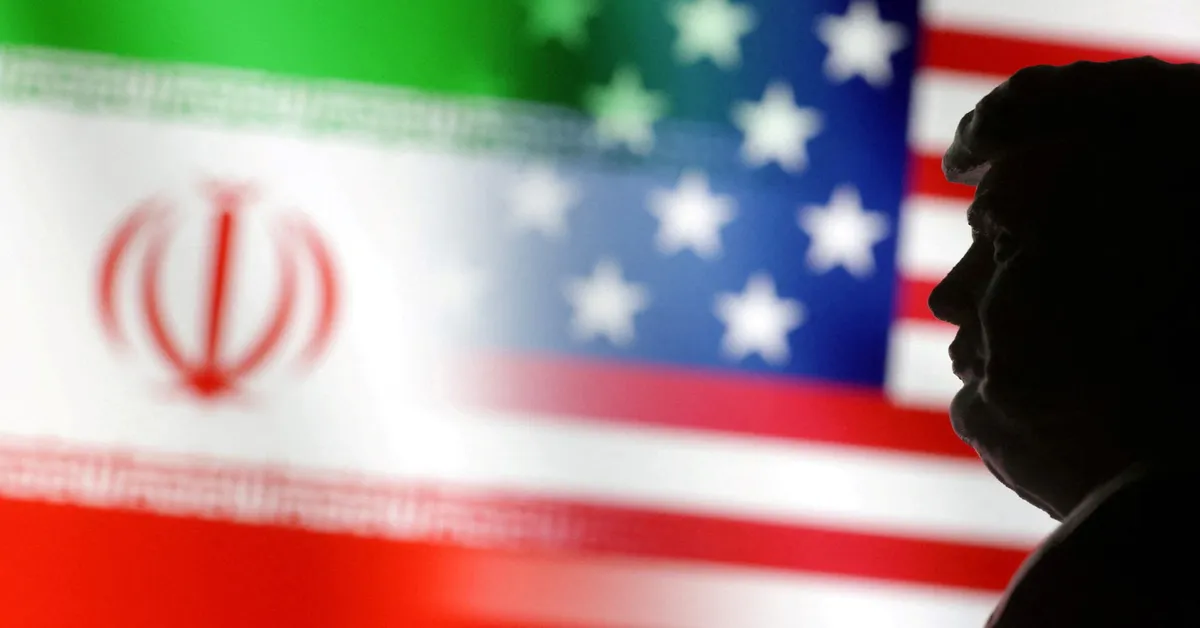
On April 12, 2023, significant discussions are set to take place between Iran and the United States in Oman, aimed at reigniting negotiations concerning Tehran's rapidly advancing nuclear programme. The talks come in the wake of threats from U.S. President Donald Trump, who has indicated a willingness to consider military action if a deal is not reached. Both Iranian and U.S. delegations have arrived in Muscat, the Omani capital, for these pivotal discussions.
Leading the Iranian delegation is Foreign Minister Abbas Araqchi, while the U.S. side will be represented by Trump's Middle East envoy, Steve Witkoff. The atmosphere surrounding the negotiations is cautious, with Iran approaching the talks with skepticism. There is a palpable wariness regarding the possibility of reaching a deal, particularly in light of Trump's history of aggressive rhetoric towards Iran, including threats of military intervention if the nation does not cease its uranium enrichment activities.
The nature of the talks remains a contentious issue, as the two sides have differing preferences on the format. Trump advocates for face-to-face negotiations, while Iran prefers an indirect approach. This fundamental disagreement reflects the broader tensions that have persisted for over two decades. Iranian state media recently reported on Araqchi's meeting with Omani Foreign Minister Badr al-Busaidi, during which Araqchi shared Iran's key points and positions for the U.S. to consider.
The backdrop of these negotiations is a region fraught with conflict, including ongoing wars in Gaza and Lebanon, missile exchanges between Iran and Israel, and the ongoing instability in Syria. The failure of these talks could exacerbate fears of a wider conflict that could impact global oil supplies, given that the region is a major exporter of oil. Tehran has issued warnings to neighboring countries hosting U.S. bases, cautioning them of severe repercussions should they become involved in any military action against Iran.
In a recent statement, Araqchi expressed hope for progress, contingent on the U.S. entering the talks with an equitable mindset. Supreme Leader Ayatollah Ali Khamenei, who holds ultimate authority on key state matters, has entrusted Araqchi with full responsibility for the discussions. The official duration of the talks will depend on the U.S. side's seriousness and commitment to the negotiations. Notably, Iran has firmly ruled out any discussions regarding its defense capabilities, including its ballistic missile programme.
For years, Iran has denied any intent to develop nuclear weapons, yet Western nations and Israel remain unconvinced, suspecting that Iran is covertly working towards that goal. They argue that Iran's uranium enrichment has exceeded the needs of a civilian energy programme and is approaching levels suitable for nuclear warheads. Since withdrawing from the 2015 nuclear agreement with Iran and imposing stringent sanctions, Trump has reignited a campaign of maximum pressure on Tehran, which has led to significant advancements in Iran's nuclear capabilities, including uranium enrichment to 60% purity.
U.S. Secretary of State Marco Rubio recently expressed hope that the ongoing talks would foster peace, reiterating that Iran will never be allowed to possess nuclear weapons. Tehran has responded cautiously, suggesting that it is giving the U.S. an authentic opportunity to engage, despite ongoing tensions. Meanwhile, Israel, a crucial U.S. ally in the Middle East, views Iran's nuclear ambitions as a direct threat and has long signaled a willingness to take military action should diplomatic efforts fail.
As the negotiations unfold, the outcomes will not only impact U.S.-Iran relations but could also reshape the geopolitical landscape of the Middle East, where Iran's influence has faced significant challenges in recent months.